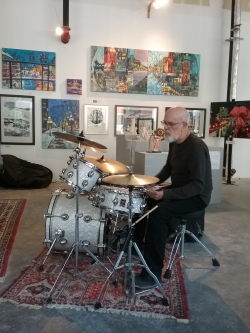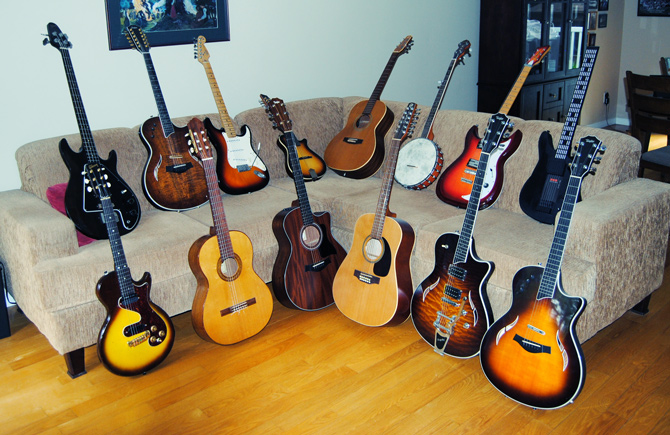Robert Charles Guidry (1938-2010), forever known as Bobby Charles, was an ethnic Cajun who grew up in the small town of Abbeville, Louisiana listening to Cajun music and the country and western music of Hank Williams. The son of a gas company truckdriver, his life changed forever when he heard Fats Domino on the radio and he started writing songs at an early age. He led a local group, the Cardinals, and he always had the songwriter’s gift. One night as he left his friends, Charles said “See you later, alligator,” and someone yelled back, “In a while, crocodile.” Charles stopped dead in his tracks. At that moment, as would happen countless times in the future, the song “See You Later, Alligator” came to him, fully formed. He was 14 years old. Later, Fats Domino played Abbeville, and he invited Charles to a show in New Orleans. The young singer said he had no way to get there. “Well,” the fat man said, “you’d better start walking.” And sure enough, a song popped into Charles’ head: “Walking To New Orleans.” It was recorded by Fats Domino in 1960 and became his signature song.
The popularity of “See You Later, Alligator” led a local record-store owner to recommend Charles to Leonard Chess of the famous Chicago-based Chess Records label. After Charles sang the song over the phone, Leonard Chess signed him on the spot. On his first visit to Chicago, he surprised the label’s owners, who were convinced from the sound of his voice that Charles was black! They had arranged a promotional tour of the African-American venues in the “chitlin circuit” for him, which had to be cancelled.
Chess issued Charles’s song under the title “Later Alligator” in January 1956, but it was soon recorded as “See You Later, Alligator” by Bill Haley & His Comets, whose version sold 1 million copies in the U.S. Although Charles performed alongside big names such as Little Richard, The Platters and Chuck Berry on tours in the late 1950s, his own records for Chess, Imperial and Jewel did not sell that well. However, as a songwriter he was pure gold. For example, he wrote “(I Don’t Know Why) But I Do” which was a smash for Clarence “Frogman” Henry in 1961, the biggest hit of his career.
In 1956, when Elvis Presley played the Paramount Theater in New York City, Bobby Charles met him backstage and had the chance to spend a little time with him. Elvis told hin “Whatever you do, don’t get as big as me. I can’t go to a movie. I can’t do anything. It’s terrible. Money’s good but it’s just a terrible life.” Charles took this to heart and, for the rest of his life, his songs were much more famous than he ever was.Charles disappeared from the music scene in the mid-1960s and he became a member of the Woodstock community of artists in residence, appearing on later recordings by Paul Butterfield and making a rare live appearance at The Last Waltz, the 1976 farewell concert of The Band. He sang and played with Dr. John on the Louisiana classic “Down South in New Orleans.”
Charles lived for some years in quiet seclusion at Holly Beach on the Gulf of Mexico. After his house was destroyed by Hurricane Rita in 2005, he returned to Abbeville. His contribution to the music of his home state was recognized when he was inducted into the Louisiana Music Hall of Fame in 2007. Bobby Charles collapsed near his home in Abbeville in 2010, a victim of long years of poor health. He is survived by four sons.His songs have always attracted the very best singers in the business and “The Jealous Kind” is certainly no exception. It was recorded by Joe Cocker, Delbert McClinton, Ray Charles and Etta James, among others.
Much of the music on this site would not be possible without the exceptional contributions of Alrick Huebener (upright bass) and Roch Tassé (drums and percussion).
Richard Séguin – voice, acoustic guitar, electric guitars, MIDI guitar (electric piano)
Alrick Huebener – upright bass
Roch Tassé – drums


